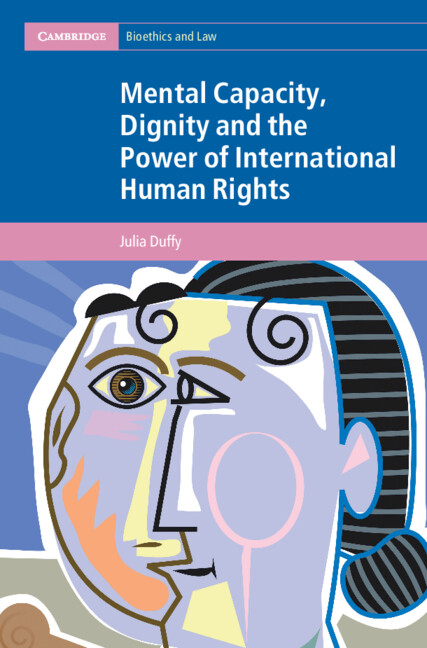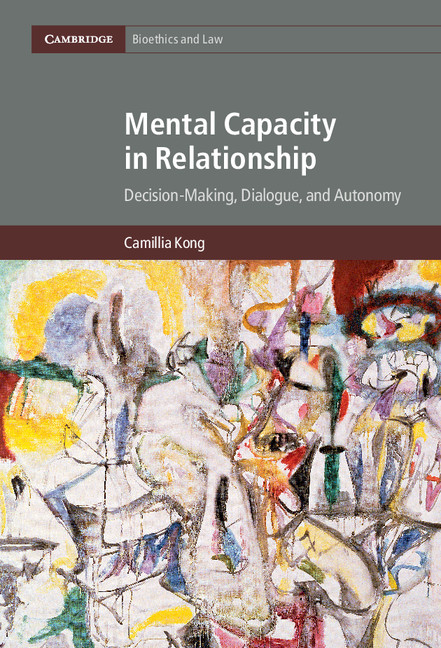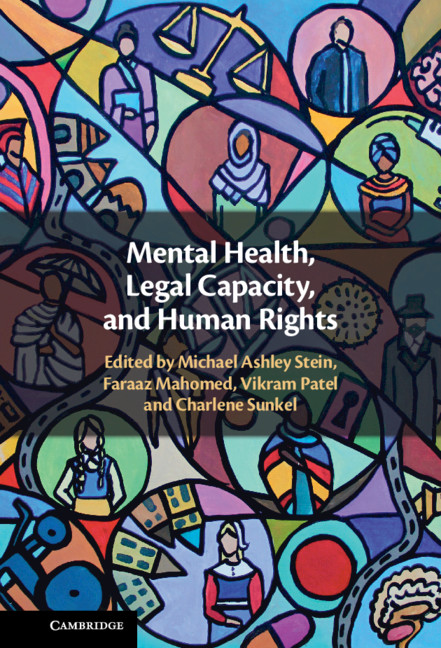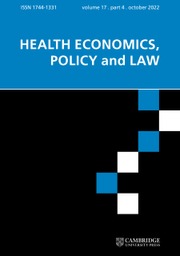Mental Capacity, Dignity and the Power of International Human Rights
Personhood, in liberal philosophical and legal traditions, has long been grounded in the idea of autonomy and the right to legal capacity. However, in this book, Julia Duffy questions these assumptions and shows how such beliefs exclude and undermine the rights of adults with cognitive disability. Instead, she reinterprets the right to legal capacity through the principle of the interdependence and indivisibility of human rights. In doing so, she compellingly argues that dignity and not autonomy ought to be the basis of personhood. Using illustrative case studies, Duffy demonstrates that the key human rights values of autonomy, dignity and equality can only be achieved by fulfilling a range of interdependent human rights. With this innovative book challenging common assumptions about human rights and personhood, Duffy leads the way in ensuring civil, economic, political, social, and cultural inclusion for adults with cognitive disabilities.
- Uses accessible case studies to explore the concept of inclusive equality for people with cognitive disability
- Demonstrates why the privileging of autonomy and the right to legal capacity fails to fulfil the human rights and needs of all people with cognitive disabilities
- Introduces a framework for understanding dignity as the essential component of personhood, to be developed further by scholars, judges, and practitioners
Product details
August 2023Adobe eBook Reader
9781009304474
0 pages
This ISBN is for an eBook version which is distributed on our behalf by a third party.
Table of Contents
- 1. Introduction and background
- 2. Article 12
- 3. The principle of indivisibility and article 12
- 4. Article 12 and autonomy
- 5. Article 12 and dignity
- 6. Article 12 and equality
- 7. Conclusion
- Index.







